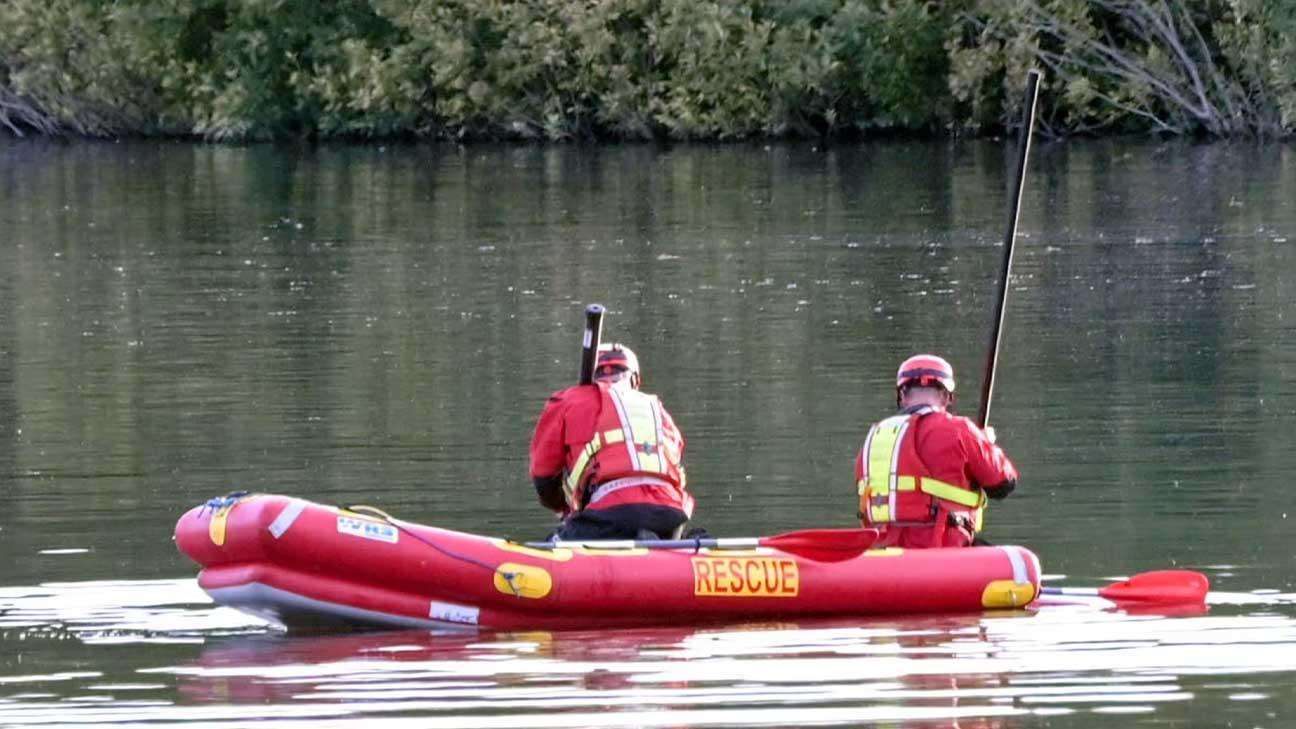According to EUROSTAT, Spain faced 143,868 job vacancies as of September this year, despite having one of the lowest recruitment rates in Europe.
The most difficult jobs to fill include fields such as information and communication technology, renewable energy, healthcare, hospitality, construction, fishing, and metal repair. It seems that there are more job openings this year compared to 2022.
According to data from the National Institute of Statistics (INE), Spanish companies are estimated to have 140,517 job openings in the fourth quarter of 2022, almost all of which are concentrated in the service sector.
In March this year, Spain needed more than 60,000 additional workers in the service industry. Spain's tourism sector employed 3 million people in the third quarter of 2023, but the number of workers needed increased by 6.5% compared to the same period last year.
At a national level, the top 15 in-demand occupations in Spain are:
- Data analysts
- Computer engineers
- Big data and security IT technicians
- Engineers with expertise in renewable energy
- Experts in business intelligence and data mining
- Plumbers
- Bricklayers
- Carpenters
- Nurses
- Healthcare assistants
- Technical specialists in healthcare
- Waiters
- Cooks
- Truck drivers
- Forklift drivers
However, the same industries also have a large number of openings in lower-skilled occupations, according to EURES.
Whereas the most in-demand jobs in each autonomous region include sectors as follows:
- Andalusia: tourism and hospitality, healthcare and technology.
- Aragon: agriculture, logistics and construction.
- Asturias: construction and skilled trades, service and hospitality, and healthcare.
- Canary Islands: tourism, healthcare, media and film industry.
- Cantabria: healthcare, construction and skilled trades, and technology.
- Castile and Leon: healthcare, construction and transportation.
- Castile-La Mancha: agriculture and food industry, healthcare, and construction.
- Catalonia: hospitality and service, healthcare, and transportation.
- Valencia: healthcare, construction and technology.
- Extremadura: Health and social care, hospitality, construction and transportation.
- Galicia: education, healthcare, construction and transportation.
- Balearic: construction, services, and technology.
Foreign nationals working in these occupations have a better chance of obtaining a Spanish work visa, as the country urgently needs to fill these positions. Citizens of the EU member states Norway, Iceland, Liechtenstein and Switzerland are exempt from applying for work visas and other long-term stay visas in Spain. All they have to do is move to Spain, find a job and obtain a residence permit.







.svg)

